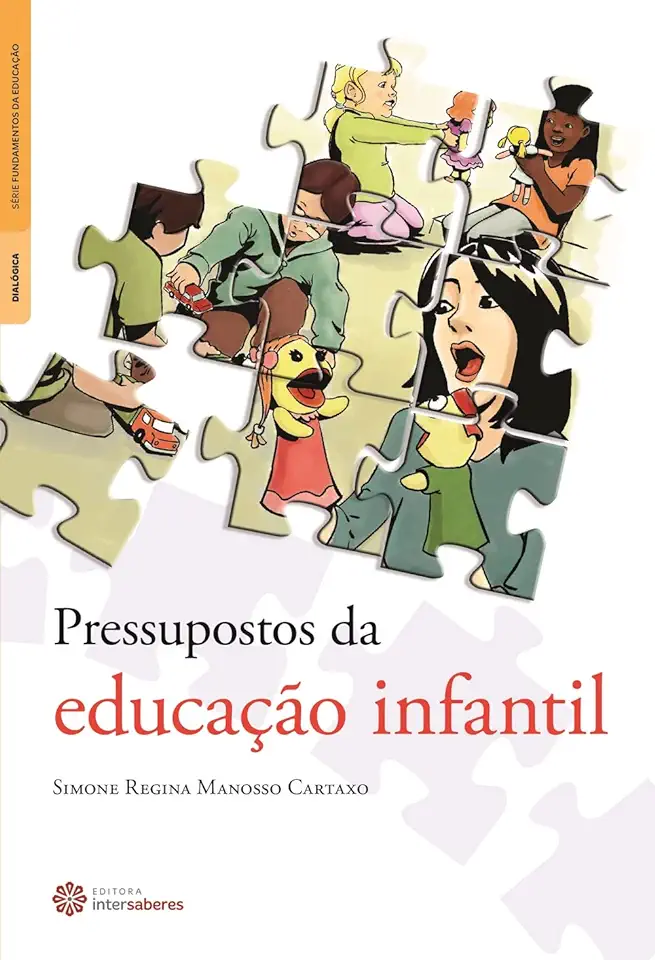
Assumptions of Early Childhood Education - Simone Regina Manosso Cartaxo
Assumptions of Early Childhood Education: A Comprehensive Guide
Introduction
Early childhood education (ECE) is a critical stage in a child's development, laying the foundation for their future success. However, many ECE practices are based on assumptions that may not be supported by research or best practices. This book, "Assumptions of Early Childhood Education" by Simone Regina Manosso Cartaxo, challenges these assumptions and provides a comprehensive guide to ECE based on current research and best practices.
Challenging Assumptions
Cartaxo begins by identifying and critiquing common assumptions in ECE, such as:
- The assumption that all children are alike and develop at the same pace.
- The assumption that play is frivolous and not essential for learning.
- The assumption that teachers are the sole source of knowledge and children are passive recipients.
- The assumption that standardized testing is the best measure of a child's progress.
Cartaxo argues that these assumptions can lead to ineffective and even harmful ECE practices. For example, the assumption that all children are alike can lead to a one-size-fits-all approach that fails to meet the individual needs of each child. Similarly, the assumption that play is frivolous can lead to a curriculum that is overly focused on academics and neglects the importance of play in children's development.
Research-Based ECE Practices
In contrast to these assumptions, Cartaxo presents research-based ECE practices that are designed to promote children's holistic development. These practices include:
- Individualized instruction: Recognizing that each child is unique, ECE should be tailored to meet the individual needs and interests of each child.
- Play-based learning: Play is essential for children's development, and ECE should incorporate play into all aspects of the curriculum.
- Active learning: Children learn best by doing, and ECE should provide opportunities for children to actively explore and engage with their environment.
- Social-emotional development: ECE should focus on developing children's social-emotional skills, such as self-awareness, self-regulation, and empathy.
- Family involvement: Families are children's first and most important teachers, and ECE should involve families in their children's education.
Conclusion
"Assumptions of Early Childhood Education" is a must-read for anyone involved in ECE. By challenging common assumptions and providing research-based best practices, this book offers a roadmap for creating ECE environments that truly support children's holistic development.
Benefits of Reading This Book
In addition to providing a comprehensive guide to ECE, this book offers several benefits to readers, including:
- A deeper understanding of child development: Cartaxo's book provides a comprehensive overview of child development, from birth to age 8. This knowledge is essential for ECE professionals who want to create environments that are responsive to children's needs.
- Practical strategies for implementing research-based practices: Cartaxo provides practical strategies for implementing research-based practices in ECE settings. These strategies are based on the latest research and are designed to be effective and easy to implement.
- Inspiration and motivation: Cartaxo's passion for ECE is evident throughout the book. Her enthusiasm and dedication will inspire readers to become advocates for high-quality ECE.
Call to Action
If you are interested in learning more about ECE and how to create environments that support children's holistic development, I highly recommend reading "Assumptions of Early Childhood Education" by Simone Regina Manosso Cartaxo. This book is a valuable resource for ECE professionals, parents, and anyone else who cares about the well-being of young children.
Enjoyed the summary? Discover all the details and take your reading to the next level — [click here to view the book on Amazon!]